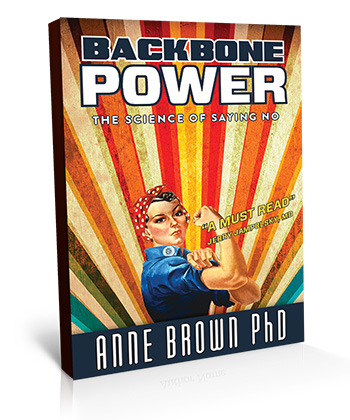Codependency and Narcissists: What Could Possibly Go Wrong? (Part I)

For this discussion, we are going to stick with our understanding of codependency as a system of distortions that exists on a continuum. Codependents learn personality traits that interfere with knowing one’s self and others. The people-pleasing aspect of codependency might drive the ignoring of who we are trying to please. The focus of wanting approval may keep us from acknowledging abusive behaviors coming from the very person whose approval we seek. The need for harmony might prevent us from realizing we are enabling abusive behavior. Or any combination of the above. We don’t have the tools to deal with abusive behavior, so this also drives us to avoid bringing it to consciousness. And we probably have a history of being abused or exploited, so it feels familiar.
What do we have now? A green light for perpetrators. When we have a society of codependents, they become a magnet for the narcissists of the world.
Now let’s look at a working definition for Narcissist. Three significant distinctions of the narcissist are grandiosity, seeking excessive attention, and lack of empathy. A book I recommend often, Why is it Always about You: The Seven Deadly Sins of Narcissism by Sandy Hotchkiss, can shed some light on the challenges of the narcissist. I think, for our discussion, it would be interesting to look at these sins:
Continue reading here.
Codependency and Narcissists: Let’s Make Something Go Right! (Part II)

In Part I, we discussed how the codependent is a perfect victim for the narcissist. We discussed our working definition of codependency: a system of distortions that exists on a continuum. Codependents learn personality traits that interfere with knowing one’s self and others. Codependents take care of others, often ignoring or tolerating their abuse, avoiding confrontation, and enabling the “bad” behavior. Narcissists, on the other hand, come with three significant distinctions: grandiosity, seeking excessive attention, and lack of empathy.
Now, we are going to give the codependent some tools to get out from under the clutches of the narcissist’s seven deadly sins.
Shame
For so many reasons, I believe everyone affected needs to do their codependency work. Codependent behavior can negatively affect you spiritually, physically, emotionally, financially, and/or psychologically. If you have done your codependency work, including flushing out your core of shame, you won’t have anything you are hiding. Being free of shame is like winning the lottery. Life without shame is the first step to living life with dignity, which never includes being at the beckon call of a narcissist.
Magical Thinking
I don’t need magical thinking if I am on the road to living life authentically. I develop my tools so I am not afraid of the truth. The more competent I become in living authentically, the more competent I will be at truly assessing the people who join me on my journey. I will begin to spot the narcissist because I am not distorting reality to build him up with magical thinking. The narcissist won’t find me attractive because I am not organized around supporting his/her narcissism. The narcissist wants to surround himself with people who support the seven deadly sins. Being in codependent recovery won’t allow me to support these sins.
Continue reading here.



 Facebook
Facebook LinkedIn
LinkedIn Twitter
Twitter Youtube
Youtube StumbleUpon
StumbleUpon